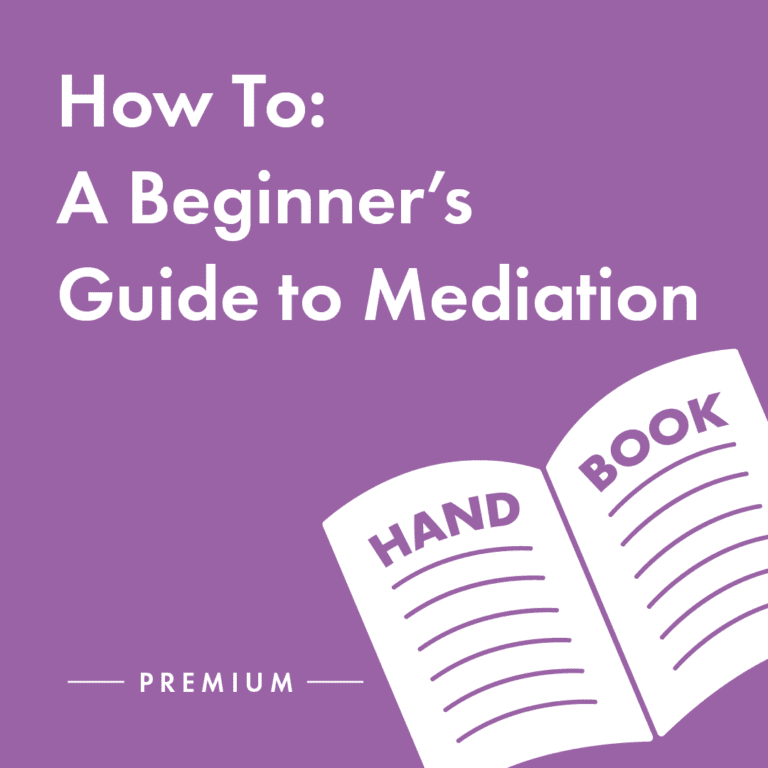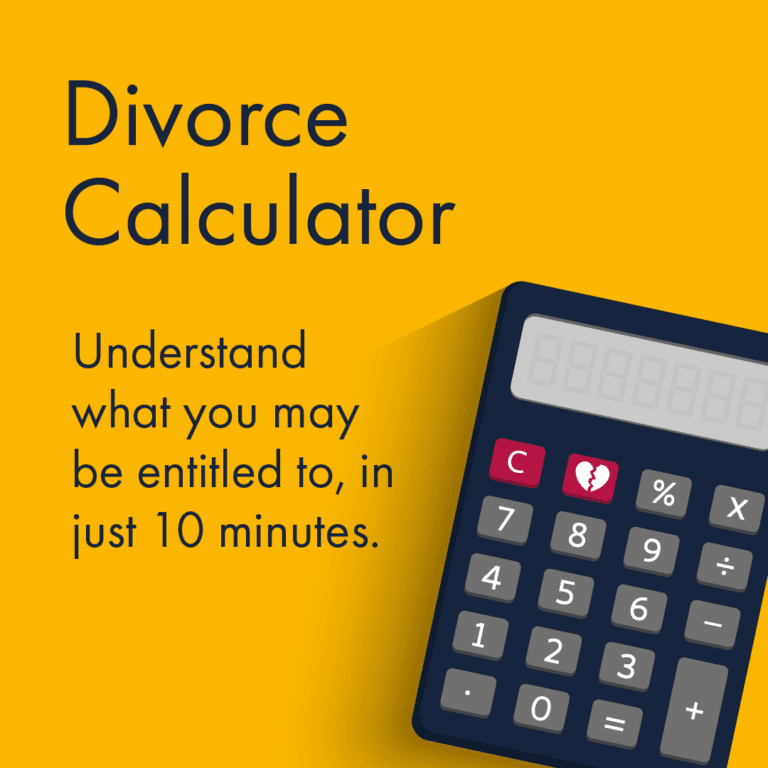Expert family solicitors to help with your mediation journey
Divorce and separation are often not as straightforward as the ending of a marriage or civil partnership. Financial settlements and child arrangements can be difficult to agree on, which is where mediation, as well as mediation support from a solicitor, can be a useful tool.
read moreMediation is a form of non-court dispute resolution (NCDR), which aims to keep separating couples out of court. It prioritises communication and openness between separating couples when families are going through breakdown.
At Stowe Family Law, we have specialist lawyers across England and Wales to provide the legal advice and structure you need when going through the mediation process. Our Mediation Support package is designed to sit alongside mediation sessions.
Key information on avoiding court during divorce
|
Does a divorce settlement have to go to court? |
No, over 80% of our divorce cases do not end up in court. Avoiding court proceedings can reduce the time and cost for everyone. |
|
Does mediation help with divorce? |
A mediator can help you and your ex-partner agree on how to split assets, without taking sides. |
|
What is the hybrid mediation process? |
You and your ex-partner are not in the same room but you each have access to your individual lawyers. The trained mediator will then move between each of you. |
|
What is the collaborative family law process? |
Each person appoints their own collaboratively trained lawyer and you and your respective lawyers all meet together to work things out face to face. |
|
Should I take my divorce to arbitration? |
Involving arbitration in the divorce process can be more effective than going through lengthy and expensive court proceedings. |
Our other out of court divorce services
 Download our free mediation guide
Download our free mediation guide
What is the mediation support package?
Our family mediation support package provides essential legal advice in between your mediation sessions. This is flexible around your needs. You have control over how often you meet with your lawyer, and what specific advice you need, based on your negotiation.
read moreThere are multiple benefits to legal support alongside your mediation session:
- The impact of the law on your case – family breakdown is deeply personal, but the law provides a framework to ensure a fair resolution for parties. Our lawyers will guide you through how this looks in your unique situation
- Better strategising – our lawyers can work with you to plan ahead and understand where you are willing to compromise
- Improved preparation – this means your negotiations will be more efficient, leading to a quicker outcome
We are then on hand to draw up your financial settlement, or child arrangements order, should you need one.
Our lawyers can also support clients with hybrid mediation. This involves attending your mediation session with you and providing legal advice in real time as your negotiations take place.
 Use the calculator
Use the calculator
How can a lawyer help with mediation?
A lawyer is an important part of your divorce journey. It is important to seek mediation support when you are looking to reach a financial settlement with your ex-spouse or struggling to make child arrangements.
read moreThere are many benefits to using a lawyer alongside a mediator. Mediators are not necessarily trained lawyers, so will not have the same in-depth legal understanding as an expert family solicitor. Your lawyer is there to provide that expert legal advice and strategy planning alongside your mediation sessions, to ensure you get the most out of your time, but without the necessity of committing to a full legal case.
They are also necessary when it comes to drawing up a legally binding agreement, once you and your ex have reached your decision through mediation. This is particularly important for your financial settlement, which will need to be approved by the court.

I need a mediator – how do I get one?
Finding the right mediator is an important part of your negotiation journey. It is important that your mediator is impartial and can work with both you and your ex-spouse.
read moreIf you need a mediator, a number of our lawyers at Stowe are also trained mediators. Unfortunately, we cannot represent you legally if your mediator is a Stowe lawyer.
We also have a network of professional mediators who we can connect you with.
Find out more about how to choose your mediator and our mediation package.
What if mediation doesn’t work?
Sometimes, even with the help of mediation support, couples are unable to reach an agreement. If this is the case, we are on hand to take your case forward via a different route. This could be lawyer-led negotiation, divorce arbitration or a private financial dispute resolution hearing.
Whilst we make every effort to keep matters away from court, if court is necessary, we will be alongside you every step of the way.
Meet our expert mediation solicitors
We offer an award-winning service
Why choose Stowe Family Law?
As the only national law firm fully dedicated to family matters, our expert team offers professional advice so you can make a fully informed decision about your divorce.
We are proud to be rated ‘Excellent’ on Trustpilot. Check out our reviews to see what our previous clients have said about our service.
We feature in The Legal 500 rankings and are fully authorised and regulated by the Solicitors Regulation Authority (SRA).
We keep you informed. Take a look at our support section, which features a range of helpful guides, focusing on important topics including finances and mediation.
Let's ask Anon
I was put in touch with Matthew (Matt) Taylor to assist me with my recent divorce matters. My case was far from straightforward and was contested by the other side at all levels: cohabitation duration, pre-acquired assets and marital assets in two countries. Matt was extremely helpful, responsive and proactive throughout the entire process, which w… Read moreas a long challenging one for me. Matt made it as easy and as smooth as possible with his professional and understanding approach. He explained everything to me in-depth, each step of the way, allowing me to completely understand what options I had. Matt always had my best interest in mind and was efficiency-driven throughout, making the process as time and cost-efficient as possible. Thank you, Matt, I would not have made it through the process without your professional help and personal touch.Let's ask Anon
Thank you for your help, empathy and understanding during what has been a challenging time for me. I feel relieved to have got the right outcome.Let's ask Miss K
I will be forever grateful for what Jemma Slavin and her team in Bristol have done for me and my children. Jemma is a top-class Lawyer that really knows her stuff. She is professional, personable, quick to respond and above all always knew what the right legal advice was, and she was always 1 step ahead of my husband’s Lawyer. It is thanks to her… Read more legal advice and persistence that gave me and my children a better outcome then I could ever have imagined. But most importantly my children can now continue their life growing up with the right support and living in the area familiar to them and close to their school and friends. Could not recommend Stowe enough, they are amazing!Let's ask Mrs B
I am really pleased that the court honoured the pre-nup agreement. Thank you so much for all your help. Stowe Family Law has been excellent in dealing with my matrimonial affairs.Let's ask Anon
After researching all week online reviews to find a solicitor who specialised in cohabitation separation and Tolata law, I was overjoyed to make a call to Stowe family law solicitor from the first call I was immediately impressed with the team. The lady who took my initial call was so kind calm professional and understanding. I was linked to Nicol… Read moree Turner who guided me through the system helping me to consider all possible outcomes, costs, and timings in a very compassionate manner. My overall experience has made me feel supported through what has been the most horrendous time of my lifeLet's ask Mr P
From the beginning, I had a sense of relief that Maria was a strong solicitor that would be a positive guiding influence on my case. Maria always listened to me, took time to understand our individual needs as a family and supported me to articulate my points. As it happens, the outcome was good at the Final Hearing, and the Judge found no fault wi… Read moreth my proposals. I can honestly say that this was all down to Maria. She helped me to stay focused, helped me think about things differently and write strong and flawless statements.Let's ask Legal 500
Emma Newman heads up Stowe Family Law in Esher and is always approachable, knowledgeable, and very easy to get on with. She is a fierce advocate for her client, but can retain sight of the ‘bigger picture’. I have referred clients to Emma in the past.Latest advice
Newsletter Sign Up
Sign up for advice on divorce and relationships from our lawyers, divorce coaches and relationship experts.
Privacy Policy




















